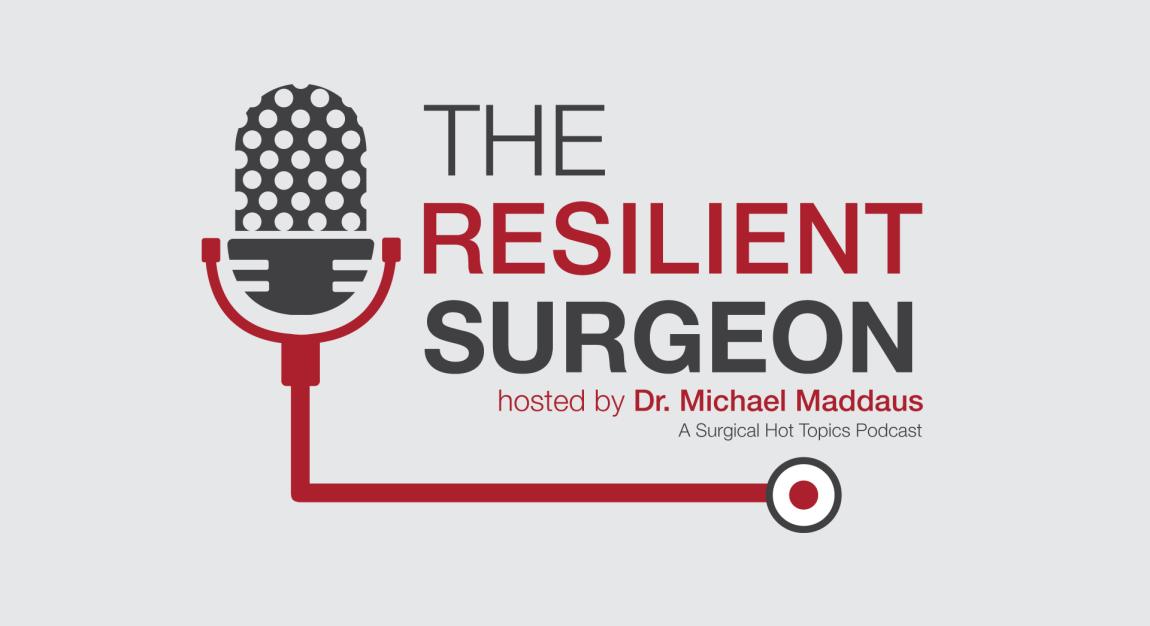In medicine, and in life, we often focus on resilience at the individual level. Exercise, mindfulness, and healthy routines, are all essential. But what happens when you walk into a toxic work environment? Where you don’t feel valued, where you’re treated like a cog in the machine?
The truth is, resilience cannot thrive in organizational darkness. That’s why I invited leadership scholar Jonathan Clark, co-author of Leading Through, onto The Resilient Surgeon. His work offers a powerful framework for moving from “power over” to “leading through”—a shift that transforms not only individuals but entire organizations.
The Limits of “Power Over”

The “power over” paradigm is deeply rooted in the industrial age. It consolidates authority in a few hands, built on coercion, rigid hierarchies, and endless rules. Its underlying assumption is that people can’t be trusted that without tight control, they’ll fail.
And while “power over” can achieve short-term compliance, it creates self-limiting systems. Leaders squeeze harder, but the more they grasp for power, the less effective they become. The result is burnout, disengagement, and organizational darkness.
Choosing Organizational Light
Clark and his co-authors describe leadership as always and everywhere a moral act. Every moment of influence is a choice: Will you make things better for people, or not?
Thriving organizations are built on leaders who consistently choose light over darkness. That light comes from values like kindness, respect, gratitude, shared purpose, and yes, love. Although it may sound unconventional in professional settings, love in leadership means genuinely caring for the people you lead, recognizing their humanity, and creating conditions where they can flourish.
As Bob Chapman, CEO of Barry-Wehmiller, once said: “We are now going to measure success by the way we touch the lives of everyone, to lift, inspire, engage, and strengthen them.”
Leading Through, Not Over
The opposite of “power over” is “leading through, ”a way of working that distributes leadership throughout the organization. It’s about building trust, empowering others, and creating a moral context where doing the right thing becomes possible, even when it’s hard.
This is not just theory. Leaders like Captain Michael Abrashoff, who transformed the USS Benfold from one of the Navy’s worst-performing ships to its best, show what happens when people are trusted, empowered, and inspired. Retention, engagement, and performance soared—not because of more rules, but because of a culture shift.
Why This Matters in Healthcare
For physicians and healthcare teams, the stakes are even higher. Patient care depends on trust, collaboration, and psychological safety. A “power over” culture drains the soul of medicine; a “leading through” culture restores it.
Resilience isn’t just about the individual surgeon, nurse, or resident. It’s about the system in which they work. Thriving people create thriving organizations—and thriving organizations create healthier, more sustainable careers in medicine.
Listen to the full conversation on The Resilient Surgeon.
